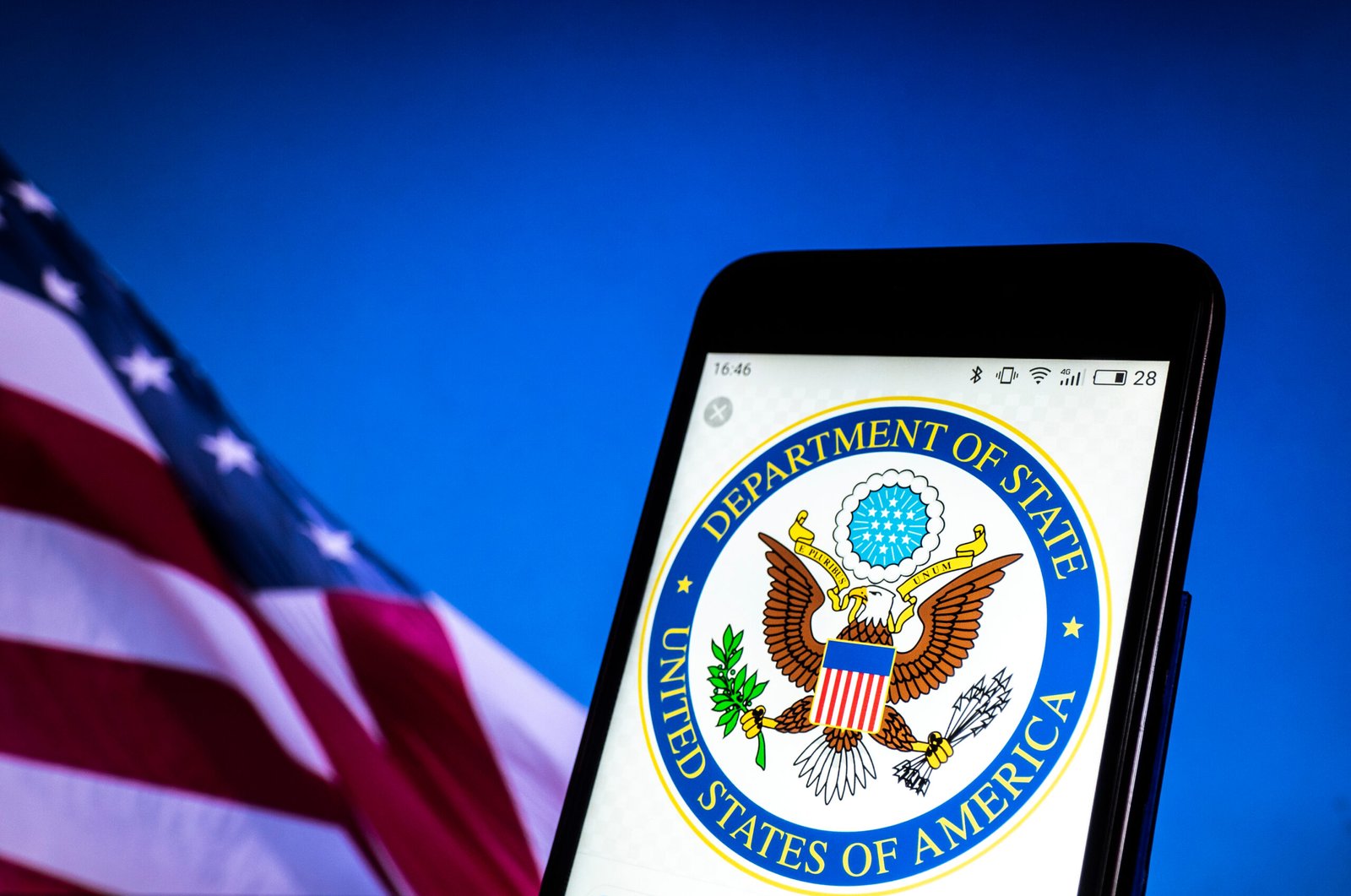NASSAU, BAHAMAS — The Government of The Bahamas fully meets the minimum standards for the elimination of trafficking, according to the U.S. State Department.
According to its latest report on Trafficking in Persons, the ranking reflects government has continued to demonstrate serious and sustained efforts during the reporting period considering the impact of the COVID-19 pandemic on its anti-trafficking capacity.
These efforts included: convicting a trafficker; providing support for victims repatriated abroad; making efforts to provide compensation to a victim; increasing funding for victim services; and coordinating with governments in the region on a virtual forum to share challenges and best practices on prosecuting trafficking and improving interagency collaboration.
However, in a press statement, the U.S. Embassy noted while meeting minimum standards, the government “did not initiate any new prosecutions, identified fewer victims, and did not comprehensively implement its victim identification protocol, especially among at-risk groups including Haitian migrants”.
Among key recommendations, the report calls for increased efforts to investigate, prosecute, and convict traffickers, including officials complicit in sex or labor trafficking, and impose sufficient sentences.
Others include: reducing delays in court proceedings; training labor inspectors on trafficking, victim identification, and referral to services; raising awareness of trafficking risks among vulnerable groups in partnership with NGOs and providing migrants with information on trafficking and workers’ rights; and providing victims an alternative to speaking with law enforcement.
It also called on the government to improve efforts to identify victims and refer them to services, particularly among vulnerable groups, including underserved stateless persons, migrants and asylum-seekers from Haiti and Venezuela, LGBTQI+ individuals, and Cuban nationals working on government-sponsored programs.
The report suggests government remove a requirement for migrants switching jobs to obtain a letter of release from their employer; take steps to eliminate recruitment fees charged to workers by labor recruiters and ban employee-paid recruitment fees; provide a dedicated shelter for trafficking victims; and improve regular data collection and record keeping, including prosecution statistics.
The report noted the profile of prosecuted traffickers has been mostly women in the past five years.
It identified individuals born to women citizens and foreign-born parents, or to foreign-born parents in The Bahamas are at a heightened risk of trafficking as they do not automatically receive Bahamian citizenship or documentation.
“As reported over the past five years, traffickers exploit domestic and foreign victims in The Bahamas, and traffickers exploit victims from The Bahamas abroad,” read the statement.
“Traffickers recruit migrant workers, especially those from Haiti, Jamaica, the Dominican Republic, the People’s Republic of China (PRC), Costa Rica, Cuba, Colombia, Venezuela, the Philippines, and the United States through false offers of employment, through advertisements in foreign newspapers and social media; upon arrival, traffickers subject them to sex trafficking and forced labor, including in domestic service and in sectors with low-skilled labor.”
“Unaccompanied migrant children, individuals lured for employment, those involved in commercial sex and exotic dancing, irregular migrants, stateless persons, LGBTQI+ individuals (particularly from poor communities), and migrants displaced by Hurricane Dorian have been trafficking victims or are particularly vulnerable to trafficking.
“In particular, irregular migrants living in informal settlements on the Hurricane Dorian-ravaged islands of Abaco and Grand Bahama, as well as those who fled to New Providence after the storm, exist in what observers call “dark spaces,” which deter reporting abuse.”






